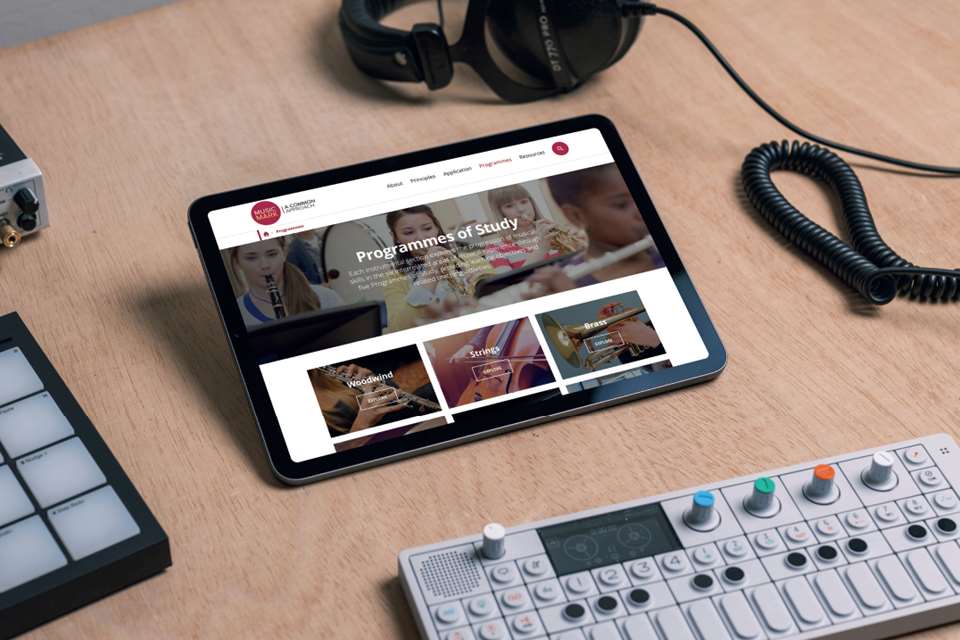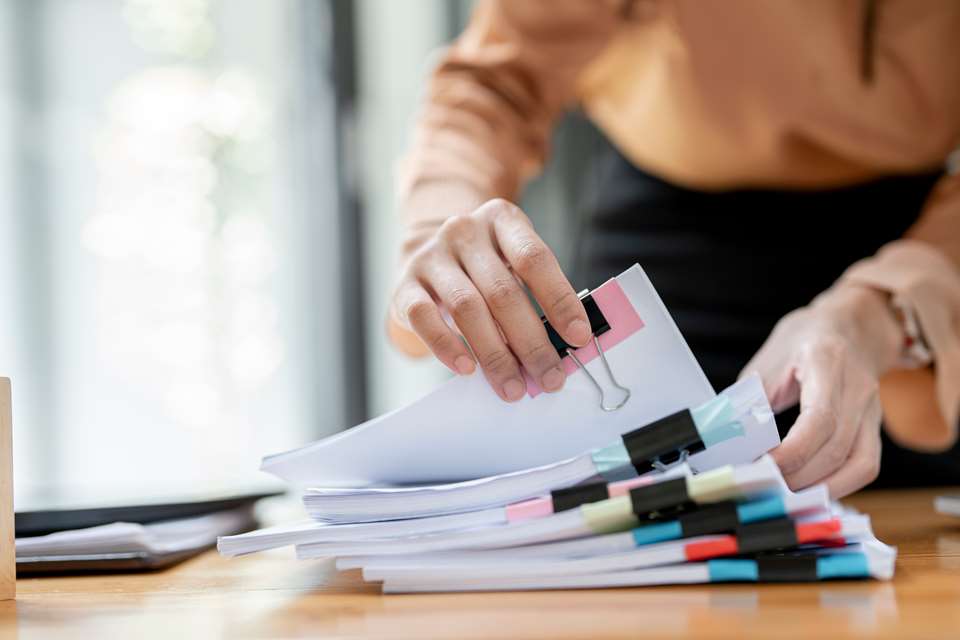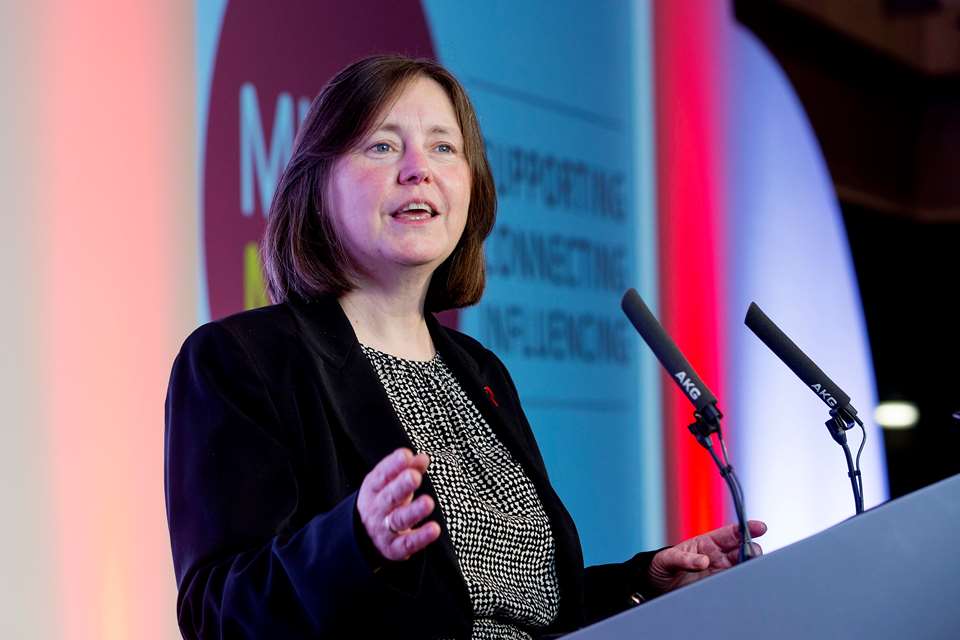Music Mark column: long live the Plan, long live opportunity!
Music Mark
Wednesday, November 1, 2023
Music Mark takes stock of where we are with the revised National Plan for Music Education and the changes it means for schools.

Crown Copyright
On 1 September, music educators in England threw away their copies of the NPME: The Importance of Music (2011) and bookmarked the new NPME: The Power of Music to Change Lives (2022). Of course, it is very likely that pupils will not have noticed any changes: instrumental and vocal learning, composition, exploring music from across the globe, centuries and genres will have continued to be at the core of music education in and out of the classroom.
Two key things have changed, however. Firstly, the DfE has done more to highlight to schools that the Plan exists and outline the crucial role they play in meeting the ambitions of the Plan. Secondly, the new Plan sees a shift in the relationship between schools and music hubs. Schools' prime responsibility for providing music education in and out of the classroom for all pupils remains. Music hubs are now, however, charged with supporting schools in all aspects of their curricular and co-curricular delivery.
What the Plan says
The first chapter in the new NPME provides schools with details of the government's vision for what every child can expect to learn and experience in school. It majors on high-quality and inclusive provision, which enables all children and young people to develop their particular musical interests. Within that, learning an instrument, singing and creating music remain at the heart of the Plan's vision. Whole-class (or now possibly large- or small-group) tuition remains an expected opportunity (usually around Year 4), although the new Plan confirms this provision is not curriculum and that schools should expect to pay an affordable amount for it.
The second chapter gives more detail on the role of music hubs, which is more strategic than previously. They are now creating Local Plans for Music Education, stating how they will deliver three aims (supporting schools, supporting children's access to activity and supporting children's musical development) and five strategic functions (partnerships, schools, progression, inclusion and sustainability).
Hubs will work with schools to create school Music Development Plans, with plans at MAT level where appropriate. School plans specify the support that is needed from local music hubs to enact their plans. Hubs also coordinate a network of Lead Schools, which will work with partners to develop and support the workforce in and out of schools across the hub area.
The third chapter outlines the role of National Youth Music Organisations in furthering and sustaining musical progression.
Reorganisation of music hubs
The biggest change to the Plan relates to the organisation of hubs. These remain partnerships of all those working in music education in an area, including schools, still recognising the fact that no single entity can provide a full, rich music education. From September 2024, however, 43 hubs will cover England, down from the current 117. The government has been keen to explain that a reduction in the number of hubs should not mean the need for any reduction in the number of organisations providing music education. Its vision is that larger partnerships and more commissioned organisations will drive up quality and better address ‘cold spots'. The organisations that are supporting schools and providing opportunities today, such as WCET, peripatetic tuition, local ensembles and training for teachers, still will next September.
What now?
If you haven't already, read the new NPME. Sign up for training that your current local music hub offers on school Music Development Plans and start thinking about who at school will help you write yours – including governors, using our updated Governors' Guide. These Plans should spark new conversations between schools and hubs about further enriching the work they have been doing together since 2012. And in the spirit of partnership that saturates the new NPME, start thinking who you would like to work with to make music even better for your pupils. Where you will get support locally, regionally and nationally, including from music subject associations. A great place to start is by becoming a Music Mark School. Find out more on our website.





